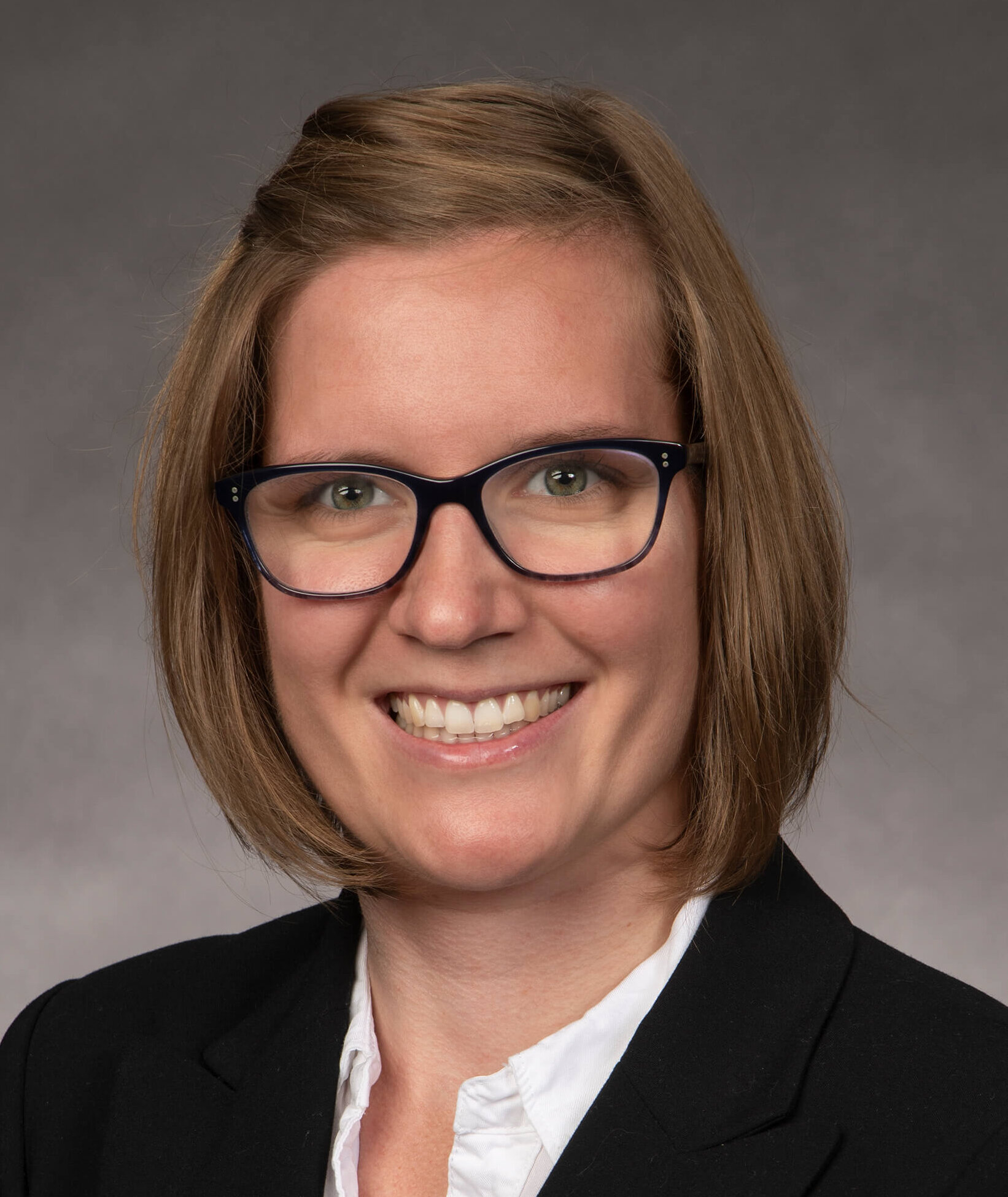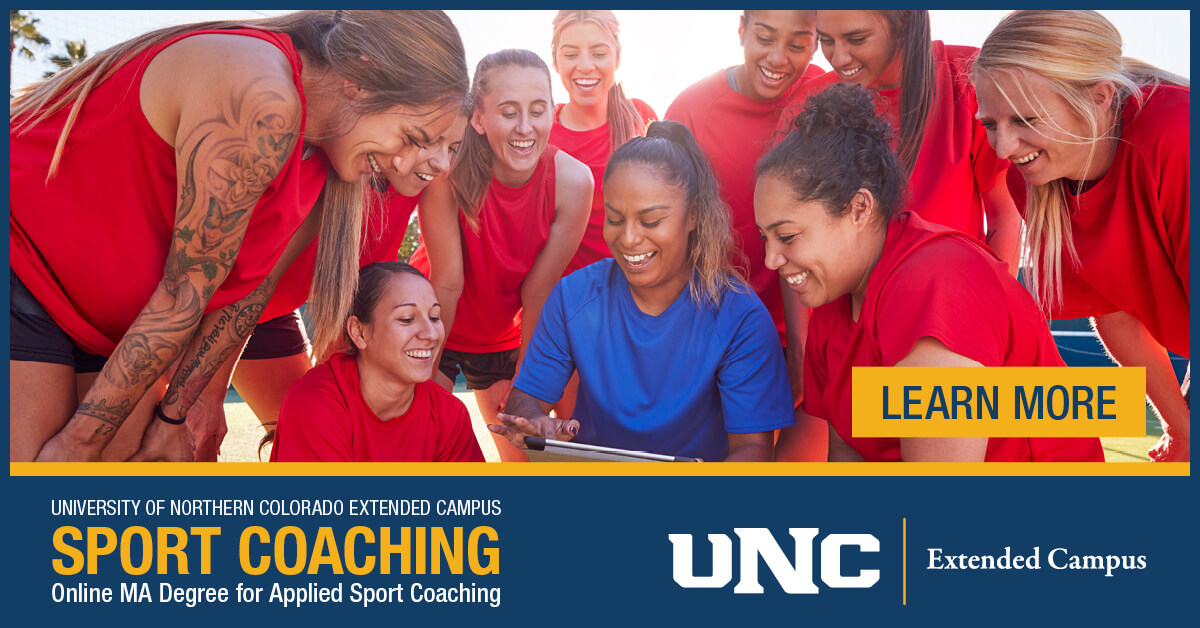(Article 5 of 5)

People with physical disabilities hold limited positions as scholars, teachers, or leaders in physical education, recreation, and sport. Perhaps the reason is that the field is flooded with able-bodied people who think they know best. But do they? Michael Oliver, imminent writer, and scholar argued that people with physical disabilities should be the only ones in the field of disability studies because they have a bodily experience with disabilities. The following five-part article series shares the perspective of a scholar in the field of disability sports who has her own physical limitations. In each article, she discusses a different issue a person with a physical disability faces in the profession of physical education, recreation, and sport.
Part V: Just Talk to Me
Traumatic Brain Injuries can manifest in many ways depending on the severity and the onset of the injury. For example, my severe injury occurred when I was six months. The brain at six months has great plasticity to generate new neurons, which defines who I am today. I talk and walk, which medical authorities doubted would happen. Additionally, years of therapy and a loving, supportive family brought success. However, a visible difference exists in how my body moves. My right side is affected. When I walk my right leg swings out wider than my left. To an able-bodied person, it may seem to be a limp, which is not the reality. Actually, my toes need to clear the floor and because of this, I wear a leg brace. My right arm and hand hang at my side a bit differently and my hand is either in a clenched fist or my fingers are spread apart at different angles. I must think to use my right hand. Furthermore, I have a hard time pronouncing certain words and it takes a lot of effort. My eye has exotropia which means my eyes are misaligned and sometimes my right eye will wander outward.
People unfortunately assume things about me because of how I look and how I move. I often notice people staring at me with what I call, “The Look.” I am not sure what “The Look” means since there is seldom any conversation, just “The Look.” My body may be awkward. I am not, however mentally or physically incapable, nor should I be pitied for my poor quality of life. One can have a physical disability and have a good quality of life. Most strangers assume that quality of life does not exist because they do not engage in conversation with me about this topic.
Aimee Mullins, a double amputee, in her TED Talk My 12 pairs of legs found something profound when doing a demonstration for a group of children. She had asked that the children come with no adults. She said, “Let the children come and talk to me.” In those ten minutes with the children exploring her legs she went from someone who the children probably would have been trained to ignore and fear to a person who had the potential to be a superhuman.

Able-bodied people fear people with physical disabilities and because they fear us, we never get the chance to show our humanity. Humanity is lost when eye contact is made and then broken by the able-bodied person who looks away. We have much to offer. I am a professional in movement sciences, give me a chance. Challenge yourself. The next time you find yourself staring, stop, start a conversation. Be open to a new experience. People with physical disabilities have much to share. You may find a new friend, with a totally different perspective.
Reference
Mullins, A. (2009a). My 12 pairs of legs. Retrieved from TED: Ideas worth spreading: https://www.ted.com/talks/aimee_mullins_my_12_pairs_of_legs?language=en
Follow the 5-Part Series this Month
Leading as a Scholar with a Physical Limitation
- Don’t Judge Me by My Gait
- I Am Not an Object or Incompetent
- The Power of Time
- If You Cannot Do It – Can You Teach It?
- Just Talk to Me
This series was written by Aubrey Shaw, Ph.D. and edited by Dr. Sharon Stoll (University of Idaho)

